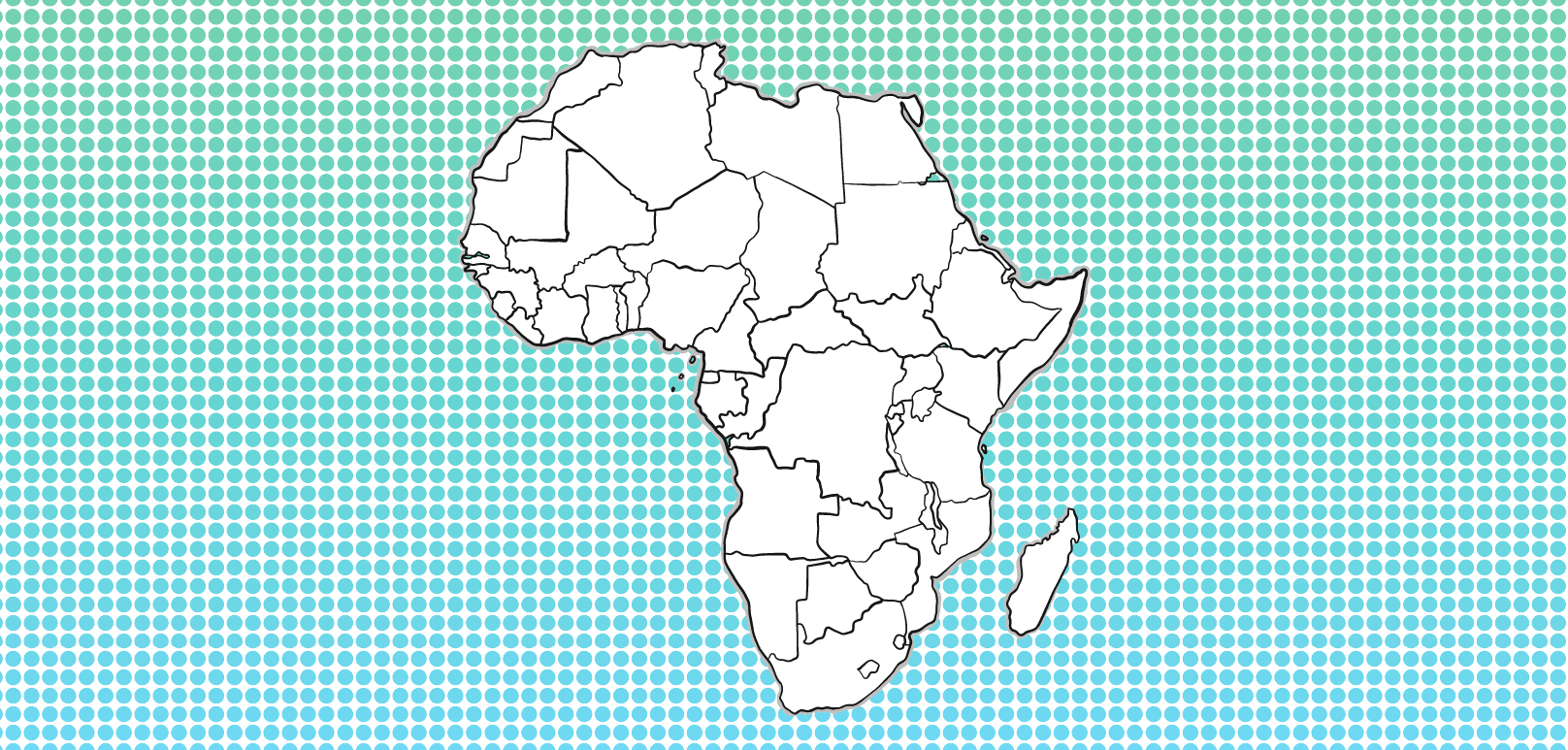
More and more African countries have laws against online hate speech. In practice, however, these laws often lead to censorship. And a German law may have served as a model.
…In any case, Ethiopia is poorly positioned when it comes to internet freedom. The country regularly scores very low in international rankings. The “Freedom on the Net Report 2019,” which is published annually by think tank Freedom House, classes Ethiopia as a country “without internet freedom.” Like many other countries in sub-Saharan Africa, including Nigeria, Kenya, and Uganda, researchers have even noted that the situation is worsening compared to previous years.
The German NetzDG may have contributed to the advance of internet censorship in Africa. At least that’s what a study by the Danish civil rights think tank Justitia suggests. The title of the report alone speaks volumes: The Digital German Wall: How Germany (Accidentally) Created a Prototype for Global Online Censorship.
Read the full article here.
Jacob Mchangama is the Founder and Executive Director of The Future of Free Speech. He is also a research professor at Vanderbilt University and a Senior Fellow at The Foundation for Individual Rights and Expression (FIRE).

